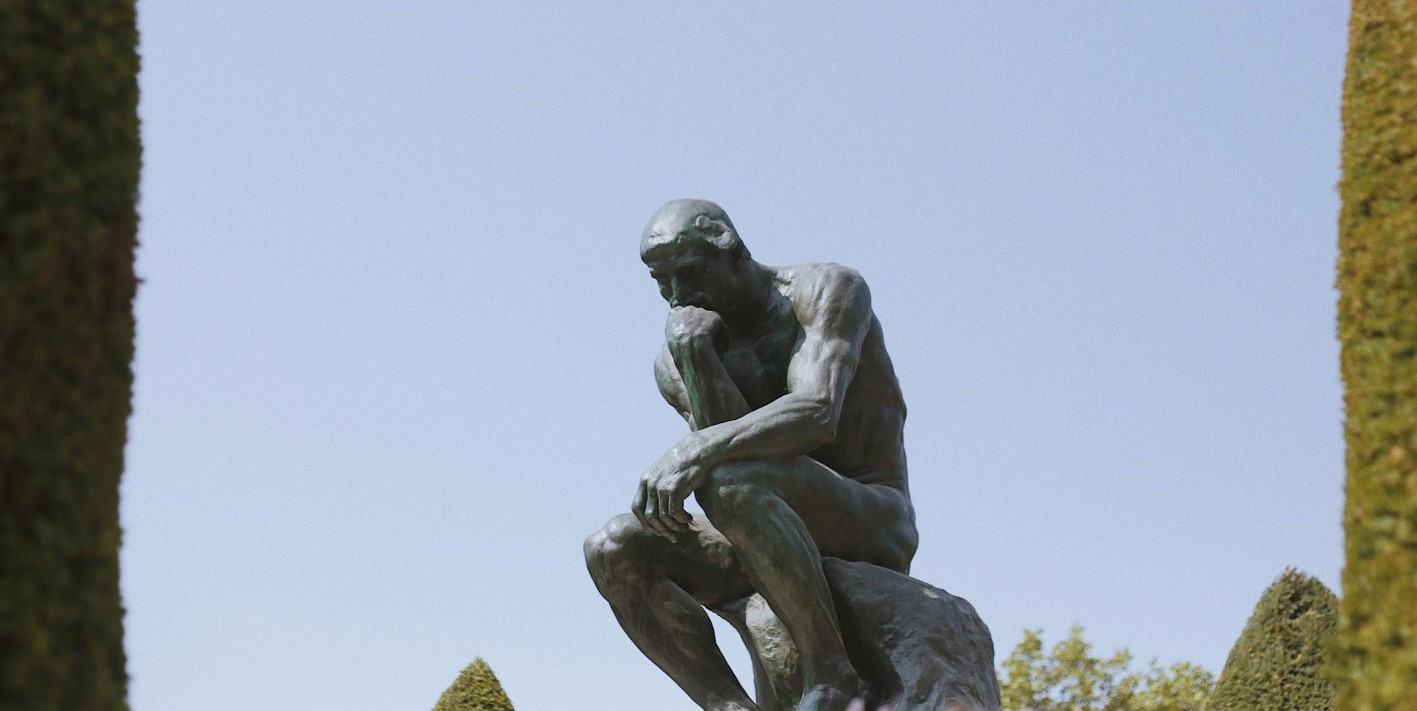I’m really enjoying starting a year-long study of introductory logic with a fantastic group of students. But you might wonder if we really need to study logic?
In his wonderful book, Socratic Logic, the eminent Christian philosopher Peter Kreeft gives several compelling reasons to study logic. Here’s a sampling of the many good reasons that Kreeft provides:
— The question is not what you can do with logic, but what logic does to you. As Kreeft puts it: “Logic builds the mental habit of thinking in an orderly way.” Also, “No course is more practical than logic, for no matter what you are thinking about, you are thinking, and logic orders and clarifies your thinking. No matter what your thought’s content, it will be clearer when it has a more logical form. The principles of thinking logically can be applied to all thinking and to every field.”[1]
— “Logic has power: the power of proof and thus persuasion. Any power can be either rightly used or abused. This power of logic is rightly used to win the truth and defeat error; it is wrongly used to win the argument and defeat your opponent.”[2]
— “Reading. Logic will help you with all your other courses, for logic will help you to read any book more clearly and effectively.”[3]
— “Writing. Logic will also help you to write more clearly and effectively … There is nothing more effective than traditional logic in training you to be a clear, effective, and careful writer. It is simply impossible to communicate clearly and effectively without thinking clearly and effectively. And that means logic.”[4]
— “Democracy. There are even crucial social and political reasons for studying logic … As Thomas Jefferson [stated], ‘In a republican nation, whose citizens are to be led by reason and persuasion and not by force, the art of reasoning becomes of the first importance.’”[5]
— “Recognizing contradictions … Logic teaches us which ideas contradict each other. If we are confused about that, we will be either too exclusive (that is, we will think beliefs logically exclude each other when they do not) or too inclusive (that is, we will believe two things that cannot both be true.)”[6]
— “Certainty. Logic has ‘outer limits’; there are many things it can’t give you. But logic has no ‘inner limits’: like math, it never breaks down.”[7]
— “Truth … logic helps us to find truth, and truth is its own end: it is worth knowing for its own sake. Logic helps us to find truth, though it is not sufficient of itself to find truth … Truth is to our minds what food is to our bodies.”[8]
— Finally, “Logic will prove very useful to you in many ways, but its most important use is simply to help you see more clearly what is true and what is false.”[9]
For all these reasons, and for many others, it’s vital to teach our children to reason well. Learning logic will help them to thrive and flourish in all aspects of their lives!
Gregory Soderberg is an academic tutor for the BibleMesh Institute. He also teaches online courses at Kepler Education. This post this first appeared in Consortium, the Kepler academic journal. Among ebooks available from BibleMesh is Logic by Vern Poythress.
[1] Peter Kreeft, Socratic Logic: A Logic Text Using Socratic Method, Platonic Questions, and Aristotelian Principles (South Bend, Indiana: St. Augustine’s Press, 2010), 1.
[2] Kreeft, Socratic Logic, 1-2.
[3] Kreeft, Socratic Logic, 2.
[4] Kreeft, Socratic Logic, 2-3.
[5] Kreeft, Socratic Logic, 5.
[6] Kreeft, Socratic Logic, 6.
[7] Kreeft, Socratic Logic, 6.
[8] Kreeft, Socratic Logic, 7.
[9] Kreeft, Socratic Logic, 8.
